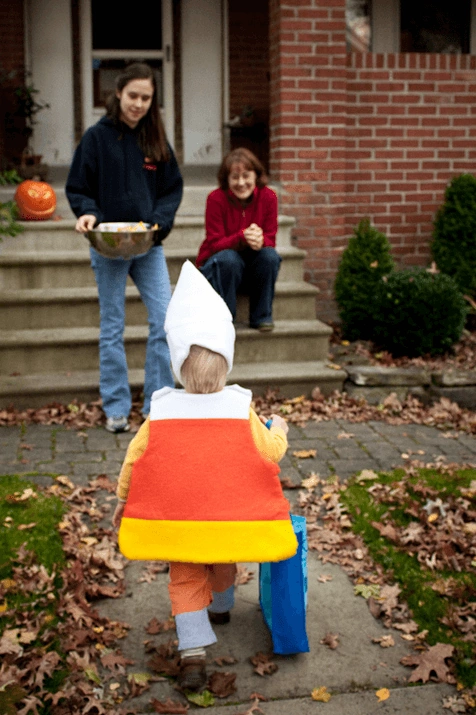1
וישא יעקב רגליו וילך ארצה בני קדם׃
2
וירא והנה באר בשדה והנה שם שלשה עדרי צאן רבצים עליה כי מן הבאר ההוא ישקו העדרים והאבן גדלה על פי הבאר׃
3
ונאספו שמה כל העדרים וגללו את האבן מעל פי הבאר והשקו את הצאן והשיבו את האבן על פי הבאר למקמה׃
4
ויאמר להם יעקב אחי מאין אתם ויאמרו מחרן אנחנו׃
5
ויאמר להם הידעתם את לבן בן נחור ויאמרו ידענו׃
6
ויאמר להם השלום לו ויאמרו שלום והנה רחל בתו באה עם הצאן׃
7
ויאמר הן עוד היום גדול לא עת האסף המקנה השקו הצאן ולכו רעו׃
8
ויאמרו לא נוכל עד אשר יאספו כל העדרים וגללו את האבן מעל פי הבאר והשקינו הצאן׃
9
עודנו מדבר עמם ורחל באה עם הצאן אשר לאביה כי רעה הוא׃
10
ויהי כאשר ראה יעקב את רחל בת לבן אחי אמו ואת צאן לבן אחי אמו ויגש יעקב ויגל את האבן מעל פי הבאר וישק את צאן לבן אחי אמו׃
11
וישק יעקב לרחל וישא את קלו ויבך׃
12
ויגד יעקב לרחל כי אחי אביה הוא וכי בן רבקה הוא ותרץ ותגד לאביה׃
13
ויהי כשמע לבן את שמע יעקב בן אחתו וירץ לקראתו ויחבק לו וינשק לו ויביאהו אל ביתו ויספר ללבן את כל הדברים האלה׃
14
ויאמר לו לבן אך עצמי ובשרי אתה וישב עמו חדש ימים׃
15
ויאמר לבן ליעקב הכי אחי אתה ועבדתני חנם הגידה לי מה משכרתך׃
16
וללבן שתי בנות שם הגדלה לאה ושם הקטנה רחל׃
17
ועיני לאה רכות ורחל היתה יפת תאר ויפת מראה׃
18
ויאהב יעקב את רחל ויאמר אעבדך שבע שנים ברחל בתך הקטנה׃
19
ויאמר לבן טוב תתי אתה לך מתתי אתה לאיש אחר שבה עמדי׃
20
ויעבד יעקב ברחל שבע שנים ויהיו בעיניו כימים אחדים באהבתו אתה׃
21
ויאמר יעקב אל לבן הבה את אשתי כי מלאו ימי ואבואה אליה׃
22
ויאסף לבן את כל אנשי המקום ויעש משתה׃
23
ויהי בערב ויקח את לאה בתו ויבא אתה אליו ויבא אליה׃
24
ויתן לבן לה את זלפה שפחתו ללאה בתו שפחה׃
25
ויהי בבקר והנה הוא לאה ויאמר אל לבן מה זאת עשית לי הלא ברחל עבדתי עמך ולמה רמיתני׃
26
ויאמר לבן לא יעשה כן במקומנו לתת הצעירה לפני הבכירה׃
27
מלא שבע זאת ונתנה לך גם את זאת בעבדה אשר תעבד עמדי עוד שבע שנים אחרות׃
28
ויעש יעקב כן וימלא שבע זאת ויתן לו את רחל בתו לו לאשה׃
29
ויתן לבן לרחל בתו את בלהה שפחתו לה לשפחה׃
30
ויבא גם אל רחל ויאהב גם את רחל מלאה ויעבד עמו עוד שבע שנים אחרות׃
31
וירא יהוה כי שנואה לאה ויפתח את רחמה ורחל עקרה׃
32
ותהר לאה ותלד בן ותקרא שמו ראובן כי אמרה כי ראה יהוה בעניי כי עתה יאהבני אישי׃
33
ותהר עוד ותלד בן ותאמר כי שמע יהוה כי שנואה אנכי ויתן לי גם את זה ותקרא שמו שמעון׃
34
ותהר עוד ותלד בן ותאמר עתה הפעם ילוה אישי אלי כי ילדתי לו שלשה בנים על כן קרא שמו לוי׃
35
ותהר עוד ותלד בן ותאמר הפעם אודה את יהוה על כן קראה שמו יהודה ותעמד מלדת׃







